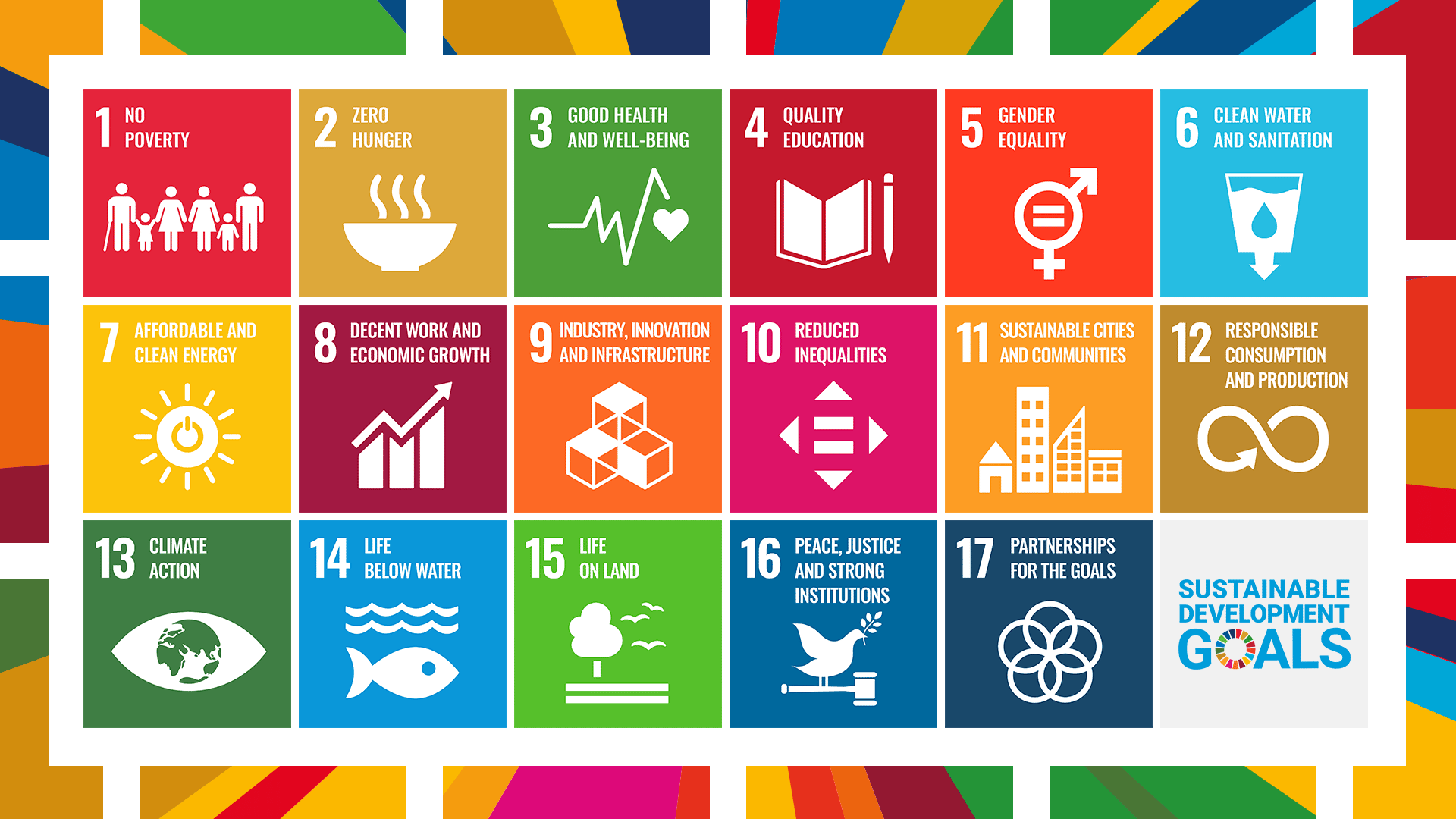Blog
This blog post will elaborate on why corporate responsibility for sustainable development should be a key component of your global expansion strategy.
Sustainability is based on three pillars – social, economic, and environmental. We’ll explore the potential benefits you will gain from embracing sustainable practices across these pillars, as well as how these initiatives can help your organization better manage resources and enhance your reputation both domestically and abroad. It’s important to be mindful that the three pillars of sustainability are highly interconnected, constantly affecting one another.
But first, what’s the difference between sustainable development and sustainability?
According to UNESCO (United Nations Educational, Scientific and Cultural Organization) “sustainability is a long-term goal towards a more sustainable world, whereas sustainable development implies the processes to reach this goal.” So, you are encouraged to embrace sustainable development for your organization to contribute towards a more sustainable world.

The Social Pillar: Striving for the 17 Sustainable Development Goals (SDGs)
In early 2016, the United Nations’ 17 SDGs were enacted after the adoption of the 2030 Agenda for Sustainable Development. The 17 SDGs encourage responsibility amongst all nations – and businesses in those nations – to solve the most pressing issues from climate change to education and gender equality, to sea life. The goal is to promote these goals while fostering global economic growth.
With a myriad of goals, your company should choose goals that are most applicable to your business and are attainable, measurable, and directly related to your services and products.
Another notable example is AirBnB as they use their platform, technology, information, and network to provide temporary housing for refugees working to achieve SDG #16: Peace, Justice, and Strong Institutions.
The Circular Economy: Economic Growth is Key to a Sustainable Future
Economic growth leads to a healthier economy that includes higher spending and increased confidence, resulting in a more suitable investment environment. To achieve the 17 SDGs, companies and governments must invest in new technology, methods, and innovations to attain goals such as clean water, climate action, or zero hunger. These efforts tend to have a positive, circular effect where sustainable practices result in greater economic growth for your company and the local economy.

For example, investing in electric vehicles and/or renewable energy is both good for the environment and for reducing transportation and/or energy costs. Investing in combatting hunger creates a healthier and more productive labor class that then yields higher growth.
One model that has gained attention in sustainable development is known as the “circular economy.” The purpose of a circular economy is to stop waste from being produced in the first place. It does so through three principles: eliminate waste and pollution, circulate products and materials, and regenerate nature. In this economy, a product’s lifecycle is extended through sharing, leasing, reusing, repairing, refurbishing, and recycling. Your company should consider adopting sustainable practices that inherently cut costs and/or improve efficiency while promoting sustainable economic growth.
Mitigating Environmental Impact Through Renewable Energy and Waste Reduction
As your company looks to establish new offices in different countries, you must consider the potential environmental impact of your operations. The carbon footprint of global expansion is often overlooked as a factor when evaluating growth opportunities, and yet it can have significant repercussions for climate change, air quality, and water use.
Your organization needs to measure your existing carbon footprint and then calculate the additional impact that would come from expanding into new markets, taking into account factors such as energy consumption, transportation of goods and personnel, and waste disposal.
Your company should also stay aware of any legislation or regulations that exist in particular countries regarding carbon emissions, so you are able to plan accordingly and comply with local requirements.
What are a few other practical ways your company can reduce a negative environmental impact?
- By transitioning away from fossil fuels and toward renewable energy sources, such as wind or solar power. This can lead to cost savings over the long term in addition to reducing emissions associated with your business operations abroad.
- By researching the availability of renewable energy sources in the countries where you plan new operations and working with local partners to ensure access to these resources. (Tip: Your business should be mindful of how these changes could affect existing contracts or agreements with suppliers so there are no unexpected consequences as a result of switching to renewable sources.)
- Reducing waste generated from international operations can further lessen your business’s environmental impact while potentially saving money along the way.
- Investing in recycling systems across all markets. Many companies have committed to zero waste, for example, Subaru has had zero waste to landfill since 2004 due to their recycling and repurposing initiatives.
- Focusing on key environmental initiatives, such as composting food waste for fertilizer or reusing materials, instead of using disposable products.
Investing in Sustainable Technologies & Local Communities
In addition to transitioning toward renewable energy sources and reducing waste generation across markets, your business must also consider how it will invest in sustainable technologies when expanding globally. This may include investing in electric vehicles for employees who travel between offices or providing financial support for local communities looking to improve infrastructure related to green initiatives like public transportation systems or bike lanes.
By making investments into sustainable technologies at home or abroad, your business demonstrates care for both its own environmental responsibility as well as supporting local efforts related to sustainability goals.
CONCLUSION
Why Should Your Businesses Invest in Sustainability and Inclusion?
In the report, Better Business, Better World from the Business and Sustainable Development Commission, after surveying global business leaders, 4 reasons why businesses should invest in clean and sustainable practices include:
- To prevent disruptions of business operations and reputational risk.
- To adhere to the industry norms of transparent, traceable, and responsible practices.
- To gain a competitive market share in both current and future markets.
- To establish goodwill and serve a larger group of stakeholders such as community members, local governments, and the media.
The benefits of investing in sustainable practices will be long-term and will provide environmental stewardship, less exposure to supply risks, and competitive gain.


